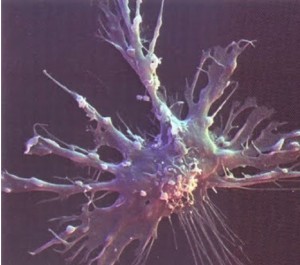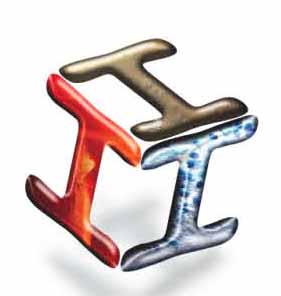The innate immune system is an evolutionarily ancient system that depends on key sentinel cells such as dendritic cells (DCs), macrophages, neutrophils and mast cells to provide the first line of defense against pathogenic microbes. Signalling defects within the innate immune system may result in immunodeficiency characterized by the inability to clear infections, while excessive or inappropriate activation of innate immune cells, can lead to devastating acute or chronic inflammatory diseases such as sepsis, rheumatoid arthritis, asthma, COPD and inflammatory bowel disease. The DC lineage is critical for organising appropriate immune responses to pathogens and is also essential for maintaining immunological tolerance to self-antigens and for limiting potentially self-destructive immune responses. The prospect of employing DCs to combat infectious disease, in tumour immunotherapy and in the treatment of autoimmune disease is encouraging, however, an understanding of DC subset function and the intricacies of signalling pathways regulating DC development and activity is only beginning to emerge.
The long-term goal of our laboratory is to identify the key genes and cellular pathways that guide dendritic cell lineage choice and dendritic cell function. We are particularly interested in the role of tyrosine kinase/phosphatase-regulated signalling pathways that control signalling thresholds important for the development and function of DCs. Our work utilizes mouse models in which the levels and activities of key signaling molecules have been manipulated allowing us to delineate the roles of particular genes or signalling pathways in mammalian dendritic cell biology and in innate/adaptive immunity at the whole animal level. We are using these mouse models to explore the relationship between alterations in DC development/function and host responses to tumours and bacterial or viral pathogens. Ultimately, this research program will lead to the identification of critical proteins and pathways that may become targets of future therapeutic strategies to either augment host-pathogen/tumour responses or alleviate pathological immune responses.



